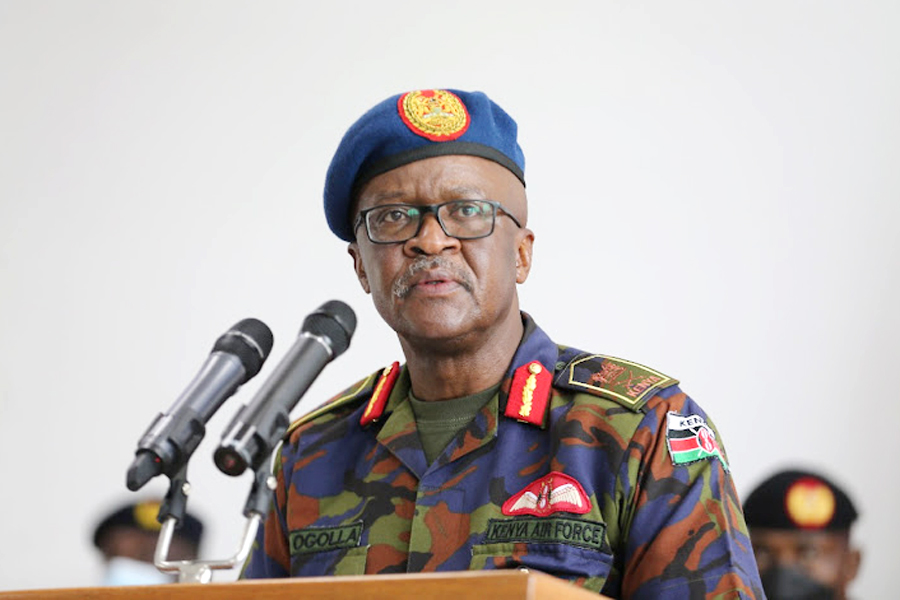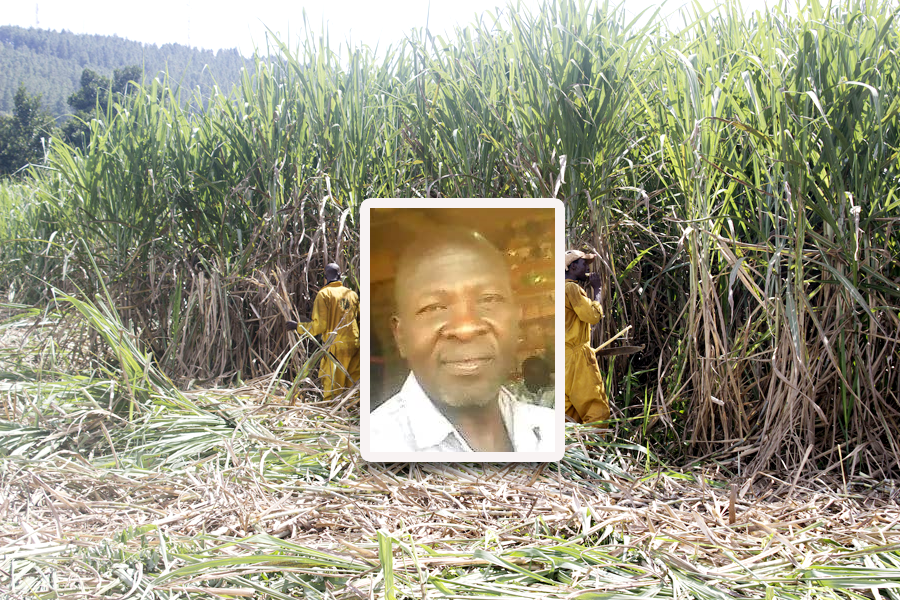Opinion: How the budget relief funds will support business recovery in Uganda.
Bob Twinomugisha
Access to capital is critical for small business success and crucial to our economic recovery.
Keep Reading
Without access to capital, many small companies are not able to maintain operations, let alone expand and create new jobs said Samuel Bruce Graves, an American politician.
Over the past four years, Uganda has battled several economic shocks including the locust invasion, drought, Covid-19 pandemic, and the current geopolitical tensions between Russia and Ukraine.
The livelihoods of many Ugandans have been negatively affected due to the rise in the cost of living, declining household incomes, and in some cases the loss of jobs and food insecurity especially in the Micro, Small and Medium Enterprises. .
The pandemic reduced demand for agricultural produce, its mitigation measures disrupted the supply of inputs to manufacturers, as well as a disruption of Micro, Small and Medium Enterprises (MSMEs) activities. The decline in small and medium businesses was due to the inability to cope with containment measures instituted by the government to curb the spread of the virus.
For instance, a report by the Economic Policy Research Center in May 2020 indicated that nine out of ten businesses experienced an increase in operating expenses.
Relatedly, a new report by EPRC estimated that 400,000 jobs were wiped out by the two lockdowns which happened in 2020 and 2021 as more businesses closed and never to be reopened.
These shocks have significantly affected Uganda’s economic performance. For instance, according to the World Bank (2021), Uganda’s GDP growth decline from 6.4% in 2019 to 3% and 3.4% in 2020 and 2021, respectively.
Between 2020 and 2021, COVID-19 was the main driver of low economic performance. The pandemic
affected all sectors of the economy.
However, the service sector and specifically, tourism sector was the hardest hit. This was mainly due to the containment measures instituted to curtail the spread of the pandemic which limited movement of people across and within countries.
Recently, the rising costs of commodities on account of the globe recovering from the Covid-19 pandemic and the War in Ukraine have further impacted businesses on national and global scale.
The full opening of economies globally following relative containment of Covid-19 led to a rapid rise in demand for a number of fast-moving goods (FMGs) such as oil, yet production levels had been constrained by Covid 19 restrictions.
The situation has been worsened by the geo-political conflict in Ukraine which has further disrupted the supply of essential commodities such as oil, cereals, and metals like aluminum and nickel.
As a result, the prices of several commodities and services have increased significantly and raised the overall inflation to 6.8% in June 2022.
This economic situation has impacted businesses in Uganda. The global disruption of the supply chain has led
to higher transport costs and shortage of intermediate raw materials used in production of essential commodities.
Nonetheless, Uganda’s economic activity has been more buoyant, relative to other countries, at an average growth rate of 3.2% per annum over the last two years, according to the World Bank latest statistics.
In FY2021/22, the economy grew by 4.6% up from 3.5% in the previous financial year, reaching GDP of Ush. 162.1 trillion (approx. US$ 45.7 Billion) in 2021/22.
Uganda’s GDP per capita has increased to $1,046 in current prices, which is equivalent to Uganda shs3.7 million per person per year (Moped, 2022).
Accordingly, the country has now passed that figure of middle-income status ($1,036). However, this needs to be sustained for the next two years for Uganda to be declared a middle-income country.
The resilience of Uganda’s economy is largely attributed to the Government’s deliberate and prudent economic policies.
One of the goals of the 2022/23 national budget is to support the recovery of businesses and restore the lost jobs and livelihoods.
This is to be done through the deployment of relief funds including the Small Business Recovery Fund; the Emyooga Fund; Microfinance Credit to SACCOs; the Uganda Development Bank (UDB)’s and Uganda Development Corporation (UDC)’s debt and equity funds, respectively (Background to the Budget, 2022/23).
The government targets to lower the costs of doing business by increasing access to affordable credit and
long-term finance for SMEs and large enterprises respectively.
These funds complement Parish Development Model (PDM) fund, as the government strives to accelerate the transition of the 39% of households still engaged in the subsistence economy into the money economy.
In line with the National Development plan (NDPIII), UDB continues to provide appropriate financial and non-financial solutions to SMEs and large-scale projects in priority sectors of the economy including primary agriculture, agro- industrialization, manufacturing, education, health, infrastructure, and tourism.
The financial solutions offered by the Bank include Tourism intervention fund, farmers group loans, terms loans asset finance, trade finance, project finance, equity investments and special programs solutions (SME Kazi Loans, Women Prosper Loans and Youth Step-up loans).
Additionally, UDB offers project preparation services to fill the gap of inadequate stock of bankable projects that are required to propel development.
Relatedly, the bank provides advisory services to entrepreneurs pertaining to management best practices, good
governance, record keeping, and financial management.
This is done by way of training and technical support to develop and implement the required processes in the businesses to ensure sustainable growth of businesses.
Regarding tourism sector, Uganda Development Bank (UDB) in partnership with European Union launched the second tourism facility on May, 18, 2022.
This facility seeks to stimulate businesses operating in the tourism sector which have been heavily impacted by Covid 19 through affordable loans and grants.
This is in line with the government programs with post Covid-19 economic recovery agenda.
The financed projects through the budget relief and recovery funds will create socio-economic development impact in terms of jobs, contribution to GDP, tax revenue and foreign exchange earnings to improve the livelihoods of Ugandans.
Bob Twinomugisha is a senior Economist, Macroeconomics and Trade with the Uganda Development Bank Limited.













